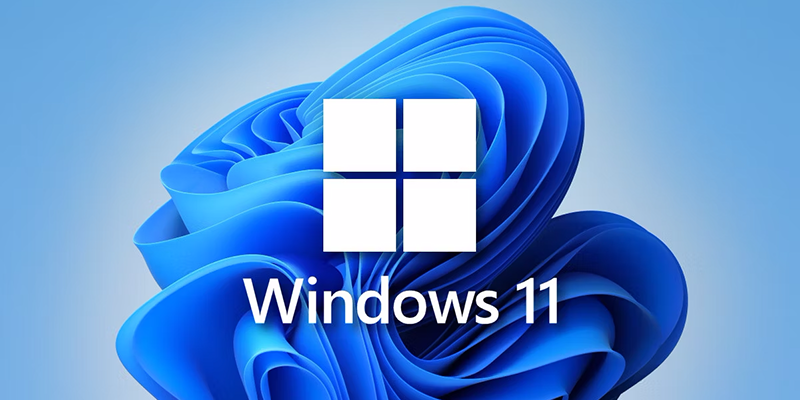As a managed services provider specializing in nonprofit organizations, RoundTable Technology often fields questions about the latest technology trends and updates. One of the most frequently asked questions lately is whether nonprofit organizations should upgrade from Windows 10 to Windows 11. The decision to upgrade operating systems is significant, especially for nonprofits with limited IT budgets and resources. Here, we delve into the key considerations nonprofits should weigh before making the leap to Windows 11.
Understanding Windows 11: What’s New?
Windows 11 brings a range of new features and improvements designed to enhance user experience and productivity. Some of the standout features include:
- Revamped User Interface: Windows 11 boasts a cleaner, more modern look with centered Start Menu and Taskbar icons, rounded corners, and new animations.
- Enhanced Performance: Microsoft claims Windows 11 offers faster startup times, improved power efficiency, and better memory management.
- Virtual Desktops and Snap Layouts: These features provide more flexibility in managing multiple applications and workspaces, enhancing multitasking capabilities.
- Microsoft Teams Integration: Windows 11 includes deeper integration with Microsoft Teams, making it easier to collaborate and communicate with team members.
- Advanced Gaming Features: Although not a primary concern for most nonprofits, improved gaming performance could benefit organizations involved in educational or recreational programs for youth.
Considerations for Nonprofits
While these features are appealing, nonprofits must consider several factors before deciding to upgrade:
- Compatibility with Existing Hardware and Software:
- Hardware Requirements: Windows 11 has more stringent hardware requirements compared to Windows 10. Nonprofits need to ensure their existing hardware meets these specifications, which include a compatible 64-bit processor, 4GB of RAM, and 64GB of storage.
- Software Compatibility: It’s crucial to check whether the essential software used by the nonprofit is compatible with Windows 11. Some legacy applications may not run smoothly on the new operating system, potentially disrupting operations.
- Cost Implications:
- Licensing Costs: While the upgrade to Windows 11 is free for Windows 10 users, there may be costs associated with upgrading hardware that doesn’t meet the new requirements.
- IT Support and Training: Transitioning to a new operating system can incur additional costs for IT support and staff training. Employees may need time to adapt to the new interface and features.
- Security Enhancements:
- Windows 11 introduces several security improvements, such as enhanced hardware-based security features and more robust protections against malware and cyber threats. For nonprofits handling sensitive donor data and beneficiary information, these security enhancements could be a compelling reason to upgrade.
- Support Lifecycle:
- Windows 10 will continue to receive support and updates from Microsoft until October 2025. Nonprofits can continue using Windows 10 without immediate pressure to upgrade, allowing more time to plan and budget for the transition.
- User Experience and Productivity:
- The improved user experience and productivity features of Windows 11 can benefit nonprofit organizations by streamlining workflows and enhancing collaboration. However, it’s important to assess whether these benefits outweigh the potential disruptions during the transition period.
Conclusion
The decision to upgrade to Windows 11 is not one-size-fits-all. Nonprofit organizations must carefully weigh the benefits against the potential challenges and costs. By working with a trusted managed services provider like RoundTable Technology, nonprofits can navigate the upgrade process smoothly, ensuring they make the best decision for their unique needs. Whether choosing to upgrade now or waiting until a later date, planning and preparation are key to a successful transition.
If you are currently a RoundTable Technology member, reach out to your Customer Success Manager if you’re considering upgrading.

